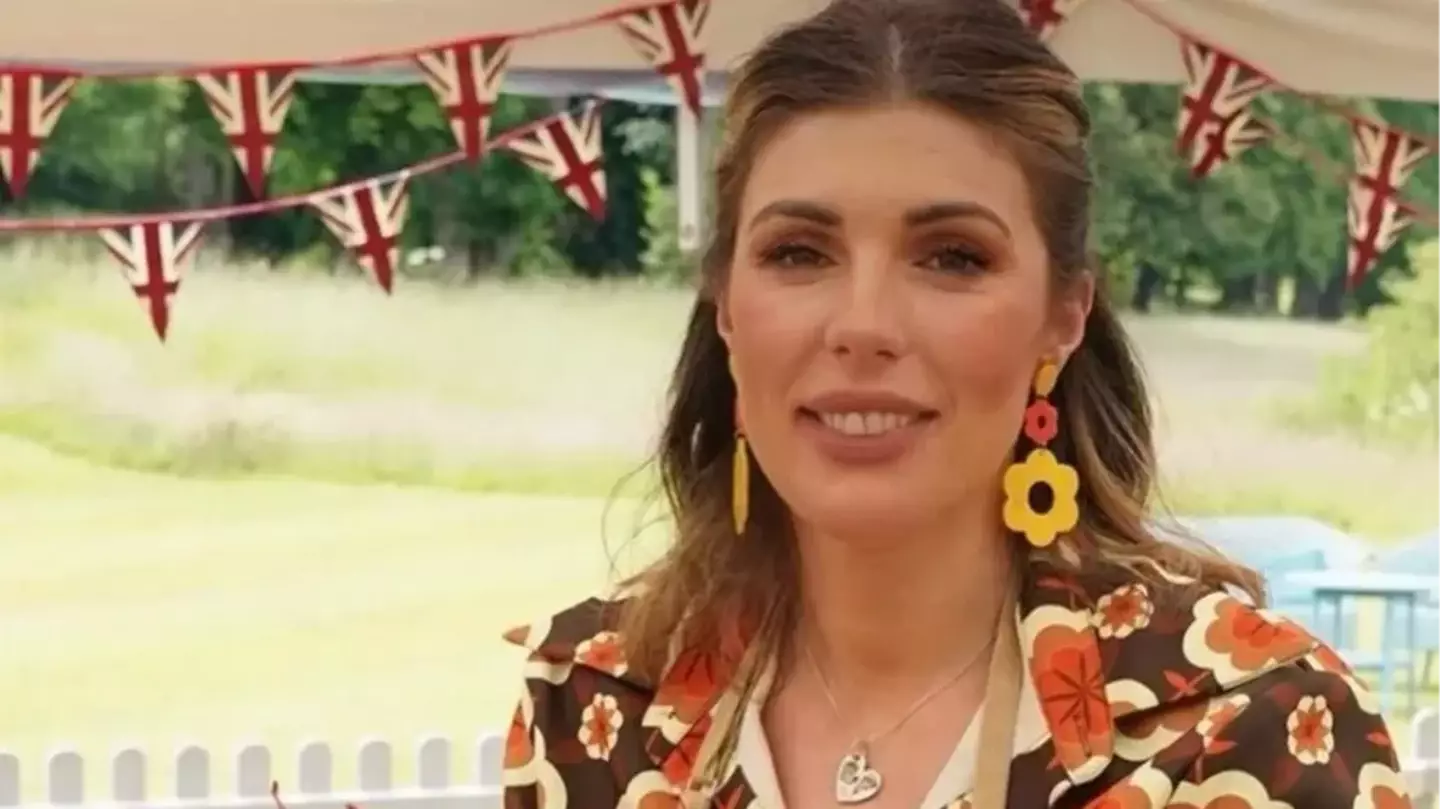
The winner of last year's Great British Bake Off has hit out at Donald Trump over his claims that taking paracetamol while pregnant can cause children to be autistic.
The US president made the bizarre statement on 22 September alongside health secretary Robert F Kennedy Jr, who is known for his controversial anti-vaccination stance.
Trump branded paracetamol 'no good,' before announcing the FDA 'are strongly recommending that women limit Tylenol use during pregnancy unless medically necessary.' Tylenol is a US brand name for pain relief containing acetaminophen, known as paracetamol in the UK.
He also claimed that one in 12 boys are now diagnosed with autism, adding that it's 'among the most alarming public health developments in history'.
Advert
Despite his assertions, many health care professionals and scientists have contradicted the 79-year-old's comments after widespread studies previously found no link whatsoever between paracetamol in pregnancy and autism.

Now, Bake Off winner Georgie Grasso, who is neurodivergent herself and has autistic children and brothers, has hit out at the 'rubbish' and 'damaging' comments from Trump.
"I said I wasn’t going to have an opinion on this but I can’t stay silent. The world is full of horrible things going on and this on top is just the icing on the cake," she wrote, revealing that while she hasn't currently got an autism diagnosis for herself, she is getting assessed next week.
The paediatric nurse continued: "The claims about what causes Autism is quite frankly rubbish and so damaging to families and individuals who will be exposed to this harmful information.
"I took no medication during my pregnancies, I delayed giving the MMR to my children after the last lot of crap that was drilled into everyone in the 90s. Did it avoid autism? No. Do I think for one second the MMR caused my neurodivergency? No!"
Grasso said that young neurodivergent people like her daughter having to read that people with autism are 'a problem to be fixed,' would cause further harm to their 'already fragile mental health.'
"The harm and the guilt it can be driving into the parents of children with autism who may have autism themselves and are already at their limits, with little to no support or help, dealing with constant meltdowns and constant needs," she wrote in the post on Instagram.
"My life is hard dealing with my own needs and those of my children on top, sometimes, a lot of the time I can not cope! But would I ever look at them and think these children are a problem that need to be fixed. I know it’s who they are and they need a different kind of love. I didn’t cause it. Meds didn’t cause your child’s autism."
These thoughts have been echoed by Quatiba Davis, chief clinical officer at the US' leading autism care provider ABA Centers, who says 'autism is not a curse to be cured.'
"Autism is not a curse to be cured – and currently no proven cure exists. Autism is a lifelong condition that can be effectively supported with a compassionate and comprehensive therapy plan," she told LADbible.
"Our true focus right now should be on finding ways to eliminate the wait lists and red tape that those seeking an autism diagnosis or services face every day here in the United States – the average wait for a diagnosis is more than four months, with some even waiting years.
"With a condition such as autism where early intervention is key, every minute that ticks by for a person waiting to receive an autism diagnosis or care means that their eventual treatment may not has as great of impact on their progress to living a functional and fulfilling life."
Meanwhile, NHS waiting lists in the UK are just over a year on average with waits as long as 42 months in some regions.
Topics: Donald Trump, Health, Mental Health, The Great British Bake Off, US News, Drugs
